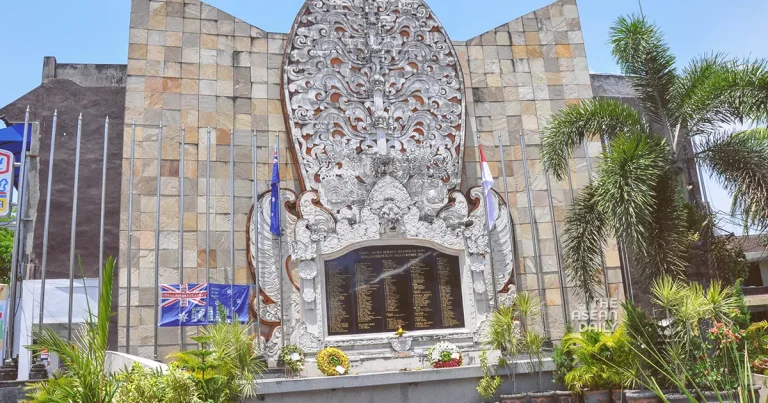18-1-2024 (HAVANA) Two Malaysian prisoners, Mohammed Farik Bin Amin, 48, and Mohammed Nazir Bin Lep, 47, pleaded guilty on Tuesday to conspiring in the October 2002 nightclub bombings in Bali, Indonesia. The tragic incident claimed the lives of over 200 people.
This marked the initial step in an unfolding legal proceeding that commenced when the two men were charged in 2021, a staggering 18 years after their capture in Thailand. Sentencing for Bin Amin and Bin Lep is scheduled for the upcoming week.
The guilty pleas represent a breakthrough for military commission prosecutors, who have been actively seeking resolutions for longstanding cases involving former CIA prisoners. Talks with the accused plotters of the September 11, 2001 attacks concluded last year after the Biden administration declined certain health care and confinement conditions sought by the prisoners.
Both defendants spent years in the CIA’s clandestine overseas prison network before being transferred to Guantánamo Bay in 2006 for trial at the special national-security court established by President George W. Bush following the September 11 attacks. Lawyers for Bin Amin and Bin Lep claim that they, along with their alleged ringleader Encep Nurjaman (Hambali), an Indonesian prisoner, were subjected to torture during their time in agency custody.

By entering guilty pleas, Bin Amin and Bin Lep have agreed to testify against Hambali, the former leader of the Jemaah Islamiyah movement, an affiliate of al-Qaida in Southeast Asia. The charges depict them as Hambali’s lieutenants recruited for unrealized suicide bombings in the United States.
The guilty pleas may spare prosecutors from relying on statements made by Hambali after he endured torture by the CIA. The question of the admissibility of confessions made by prisoners following prolonged CIA detention has been a major hurdle in initiating trials related to the September 11 and USS Cole bombings for over a decade.
During the court proceedings, both prisoners appeared in traditional tunics and trousers, mostly silent and listening to the proceedings through Malay translation. Their lawyers entered guilty pleas on their behalf.
Notably absent from the pleas was any connection to the car bombing of a Marriott hotel in Jakarta, Indonesia, in August 2003, for which they were initially charged. As part of the plea deals, prosecutors dropped charges of terrorism, attacking civilians and civilian objects, and attempted murder.
While the suicide bombings in Bali might be little noted in the US, they remain a poignant memory in Australia and Indonesia, which bore the brunt of the casualties from the October 2002 attacks.
The sentencing phase, set to occur next week, will see family members of those killed in Bali arriving at Guantánamo Bay from the United States, as well as potentially from Australia, Britain, and Germany. Jurors will decide on a sentence less than life imprisonment.
The narrative detailing the defendants’ relationship with al-Qaida and the Jemaah Islamiyah movement, as well as their involvement in Hambali’s plans, has not been disclosed to the public to protect information from the military jury. The pretrial agreements include provisions for the men to provide sworn testimony against Hambali if repatriated to Malaysia for their sentences, with a proposed 2025 trial date for Hambali. Prosecutors are expected to take depositions this weekend, with Hambali’s legal team participating in the process.




